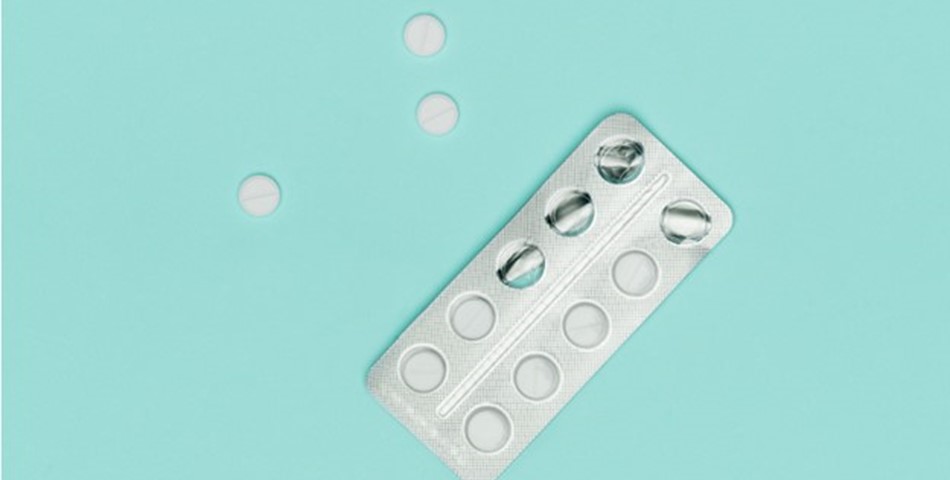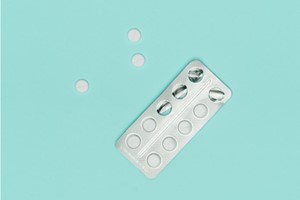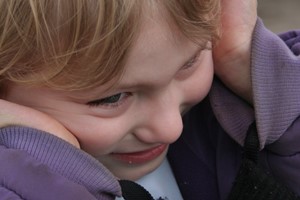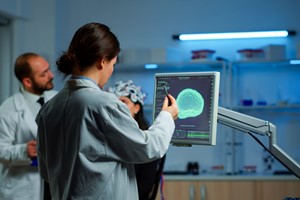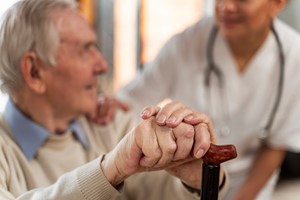Autistic children and teenagers who took the investigational drug arbaclofen fared no better than controls on a rating of social skills, but they showed significant improvements in atypical behavior and other measures, according to the results of two clinical trials presented today at the 2023 International Society for Autism Research annual meeting in Stockholm, Sweden.
Mouse studies from the past decade have suggested that arbaclofen eases traits related to autism and other conditions, but results in people have been mixed. (Clinical Research Associates, an affiliate of the Simons Foundation, Spectrum’s parent organization, holds the patent rights to develop the drug for autism, fragile X syndrome and other neurodevelopmental conditions.)
One of the new trials included 82 autistic children and teenagers in Canada aged 5 to 17, and the other included 122 autistic people across Europe of the same age range. At the start of both trials, participants were randomly assigned to take increasing doses (up to 20 milligrams) of arbaclofen or a placebo three times per day for 16 weeks.
Parent reports of the children’s communication in social settings, captured via the Vineland Adaptive Behavior Scales (VABS), served as the studies’ primary outcome measure. Secondary outcome measures included other parent questionnaires that assess behavioral changes as well as traits such as repetitive and atypical behaviors.
Compared with children and teenagers on a placebo, those taking arbaclofen showed significant improvements in motor skills, interactions with their peers, and atypical and repetitive behaviors, according to parent ratings. They also improved in their social and communication abilities, based on the VABS, but the results missed statistical significance.
Overall, arbaclofen was safe and well tolerated, with most common side effects being mild. In one of the trials, two 5-year-olds experienced a serious adverse event related to a loss of consciousness after taking the highest dose of arbaclofen.
Because both studies are underpowered, it isn’t surprising that they did not meet their primary goal, says Mara Parellada, professor of child and adolescent psychiatry at the University Hospital Gregorio Marañón in Madrid, Spain, who led one of the trials at one site. But, she adds, “I was positively impressed by the secondary outcome results.”
Evdokia Anagnostou, professor of pediatrics at the University of Toronto in Canada, who co-led the other study, says the results are “encouraging.” There’s evidence that trial participants can fare differently on primary and secondary outcome measures, Anagnostou says. “One of the discussions we need to have is whether we have the right [primary outcome measure] or whether we need to consider something else.”
Next, the researchers plan to combine data from the two studies to have a sufficiently large sample size.
Arbaclofen dampens excitatory signals in the brain, which are thought to be overabundant in many forms of autism. The drug decreases autism-like behaviors in a mouse model of fragile X syndrome — the most common inherited cause of autism. It also eases cognitive and social difficulties in mice missing a stretch of chromosome 16 called 16p11.2, which is linked to autism.
Arbaclofen improved the social behavior of people with fragile X syndrome, according to a 2012 trial conducted by Massachusetts-based company Seaside Therapeutics. But the trial did not meet its goal of reducing irritability, and subsequent trials showed that the drug didn’t alter the social behavior of people with autism or fragile X any more than the placebos did. In 2013, Seaside Therapeutics halted its arbaclofen work and subsequently went out of business.
A 2016 reanalysis of Seaside’s trial data suggested that a subgroup of people with autism may benefit from arbaclofen. Responders were more likely to be verbal and have an IQ above 70, says Jeremy Veenstra-VanderWeele, professor of developmental neuropsychiatry at Columbia University, who led the 2016 work. “The thing is, we don’t know exactly who that subset is.”
The new studies have collected additional data about the participants’ brain activity and sensory processing. Analyzing those data may provide a biomarker that predicts who is more likely to respond to arbaclofen, says Veenstra-VanderWeele, who wasn’t involved in either trial.
From the studies’ findings, “we should conclude that we do not yet know whether arbaclofen is efficacious for social difficulties in children and adolescents with [autism],” Veenstra-VanderWeele says. Combining data from the two trials may help to answer that question, he says. But, he adds, “I am actually excited to see these results.”
The findings also suggest that the VABS questionnaire to evaluate social behavior was not the most sensitive measure in this trial, according to Veenstra-VanderWeele. “We have never had an intervention,” he says, “that clearly moves social traits broadly in people with a diagnosis of autism, so we simply cannot know what outcome measure is best able to detect such a change in comparison to placebo.”
By Giorgia Guglielmi



